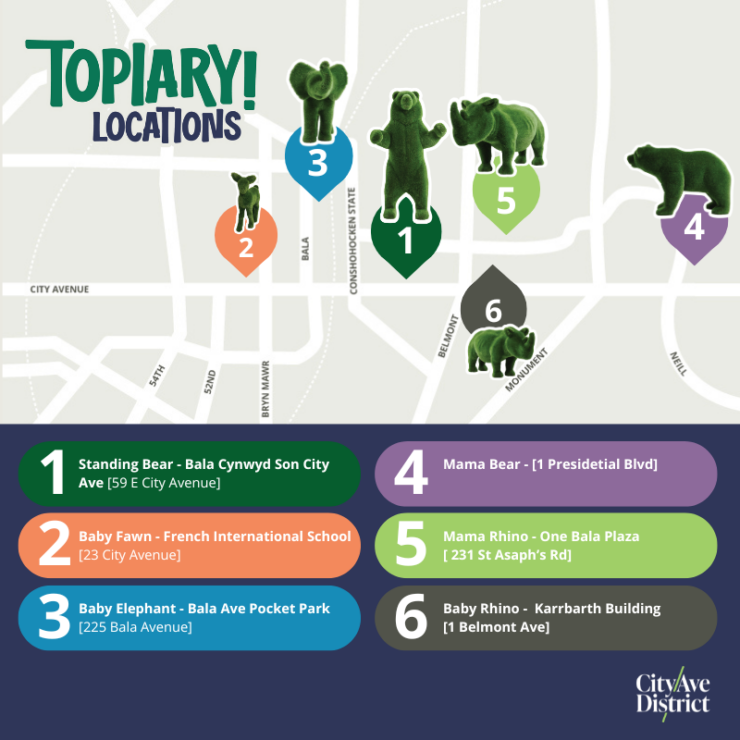Overloaded circuits are a common electrical issue in commercial properties that can lead to power outages, equipment damage, and even fire hazards if not properly addressed. As businesses increasingly rely on electronic equipment and high-power devices, understanding the signs of overloaded circuits and taking preventative action is crucial to maintaining a safe and efficient workplace.
What Causes Circuit Overloads in Commercial Spaces?
An overloaded circuit occurs when the electrical demand exceeds the capacity of the circuit. Common causes in commercial properties include:
- Excessive use of high-powered devices on a single circuit.
- Adding new equipment without assessing the electrical system’s capacity.
- Outdated wiring that cannot handle modern power demands.
- Faulty equipment that draws excessive power.
Signs of an Overloaded Circuit
Recognizing the warning signs of an overloaded circuit can prevent serious electrical problems. Watch for:
- Frequent Tripped Breakers: Breakers are designed to trip when circuits are overloaded. If this happens often, it’s a sign of an issue.
- Flickering Lights: Dimming or flickering lights indicate uneven power distribution, often caused by overloaded circuits.
- Burning Smell or Warm Outlets: Overheated wires can emit a burning smell or cause outlets to feel warm to the touch.
- Reduced Efficiency of Equipment: Devices not operating at full capacity could be struggling due to insufficient power.
- Sparking or Scorch Marks on Outlets: Visible damage around outlets is a clear sign of electrical stress.
How to Address Overloaded Circuits
- Assess Power Needs
Start by evaluating the power requirements of all devices and equipment connected to the affected circuits. This helps determine whether the circuit is genuinely overloaded or if the problem lies elsewhere. - Reorganize Power Distribution
Redistribute devices to other circuits to balance the electrical load. Avoid connecting high-power devices to the same circuit whenever possible. - Upgrade Electrical Systems
For older commercial buildings or those expanding operations, upgrading the electrical system may be necessary. This includes installing new circuits or upgrading the electrical panel to handle increased demand. - Invest in Surge Protectors
Surge protectors help manage sudden spikes in power demand, protecting both the circuit and connected devices. - Consult a Professional
When in doubt, hire a qualified commercial electrical contractor to inspect and resolve the issue. Professionals can identify underlying problems, recommend upgrades, and ensure compliance with safety standards.
Preventing Overloaded Circuits
Prevention is always better than repair. To avoid future issues:
- Conduct regular electrical inspections to ensure systems are operating efficiently.
- Plan for future power needs when adding equipment or expanding operations.
- Educate employees on proper use of electrical devices and the risks of overloading circuits.
Overloaded circuits in commercial properties pose significant risks to safety and productivity. By identifying the signs early and taking proactive measures, businesses can ensure a stable and efficient electrical system. Partnering with a trusted commercial electrical contractor ensures that any issues are professionally addressed, giving you peace of mind and protecting your business from potential hazards.
Taking steps to prevent and address circuit overloads not only safeguards your property but also supports uninterrupted business operations, saving time and money in the long run.



